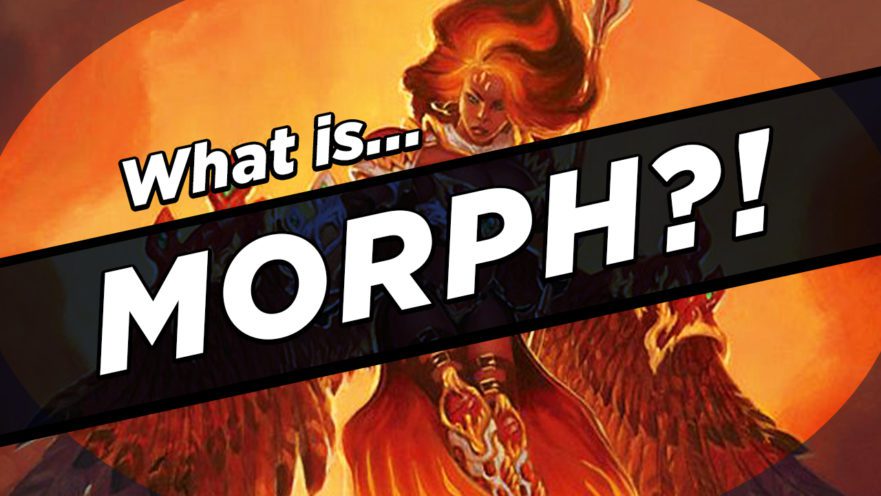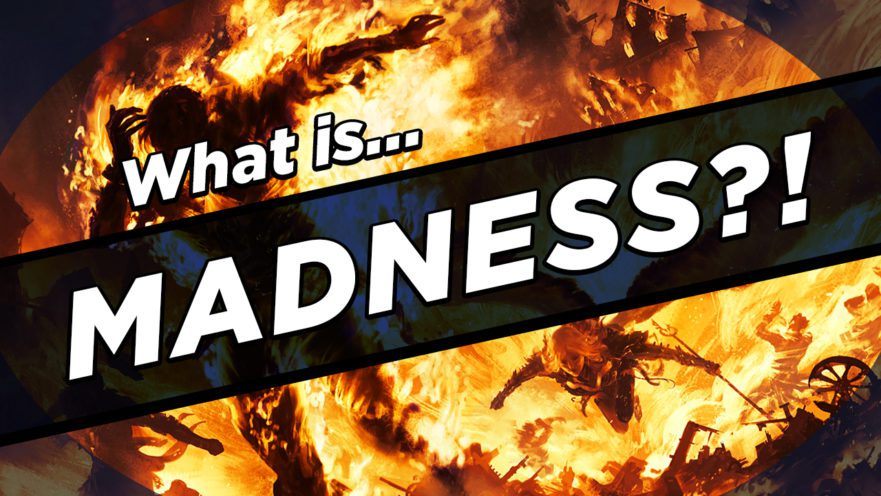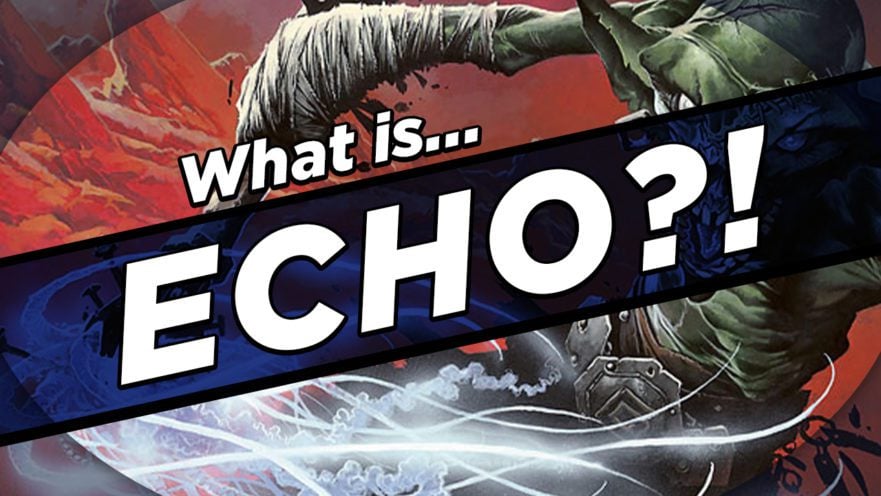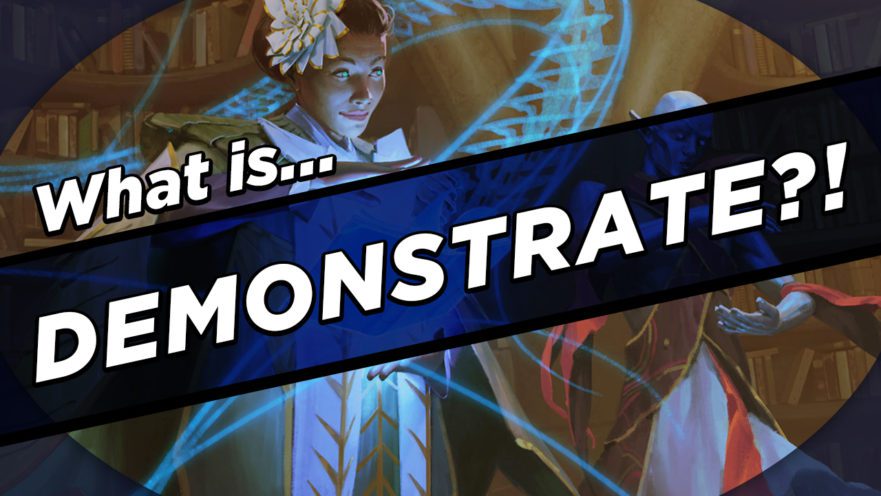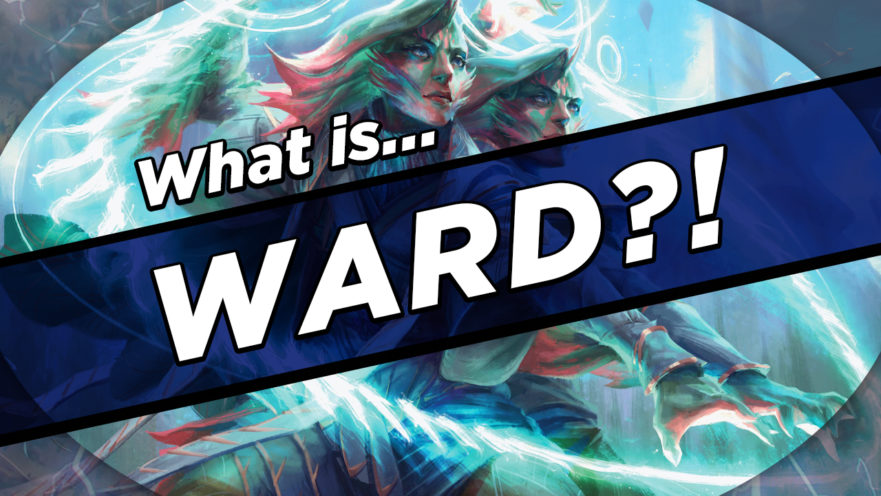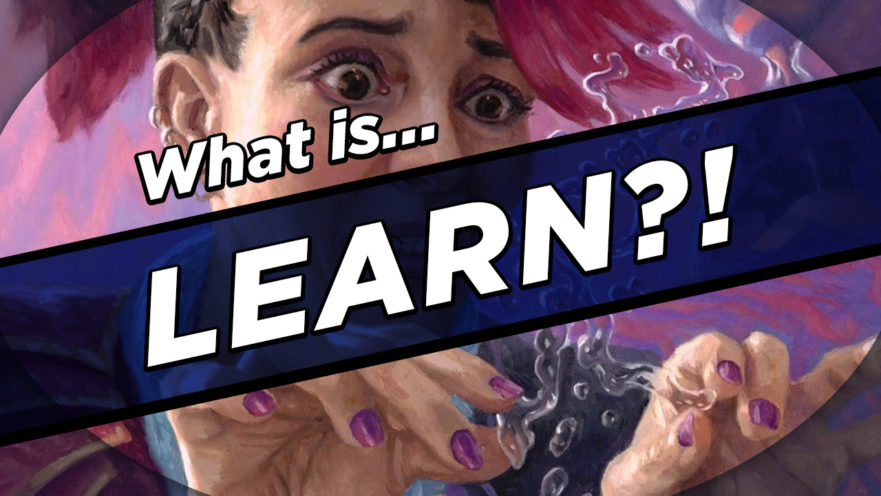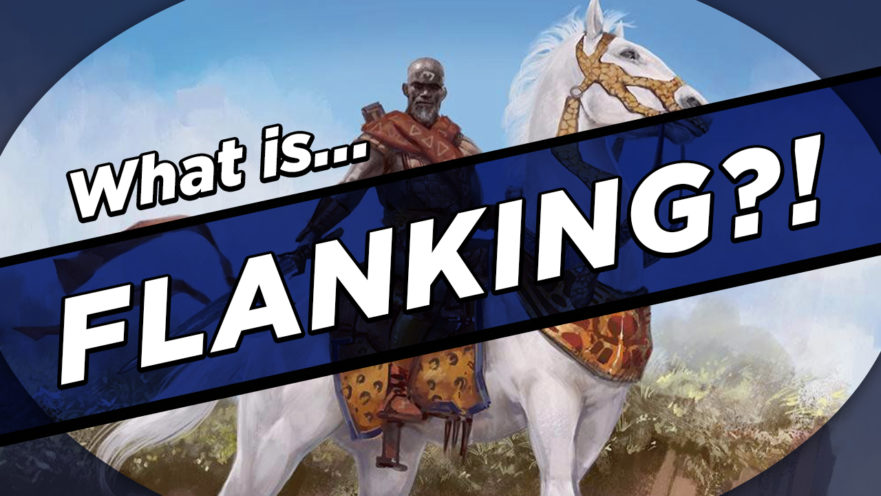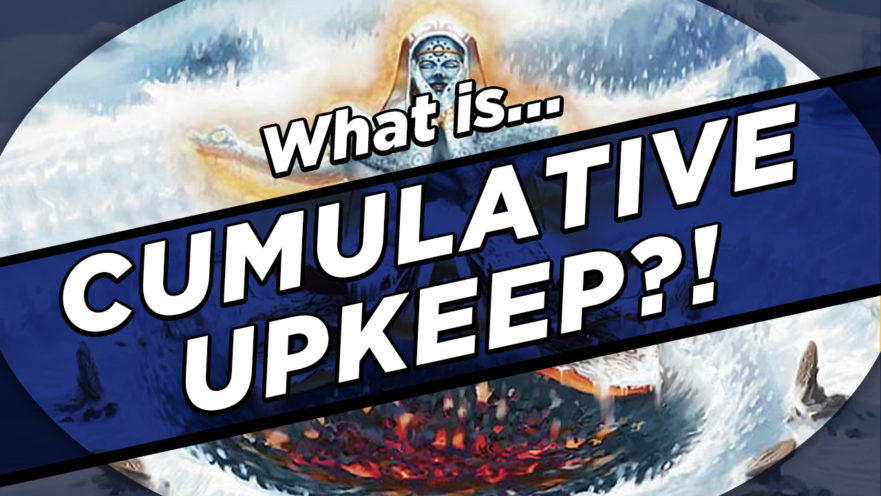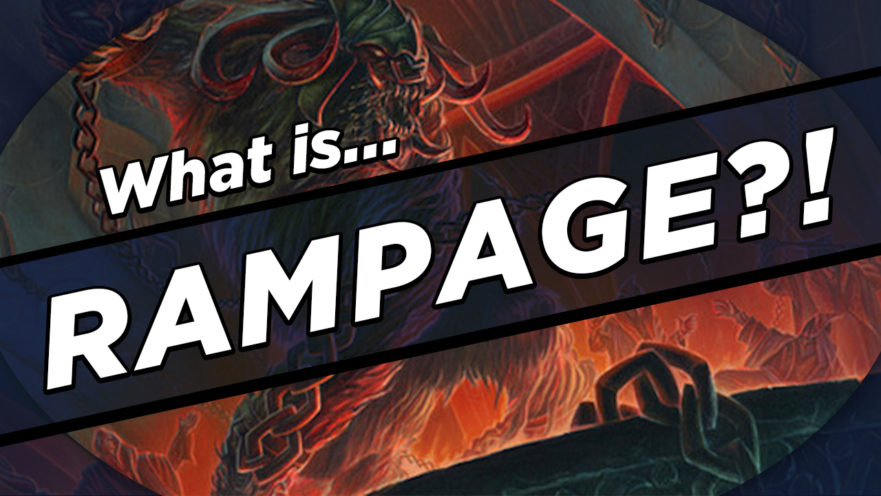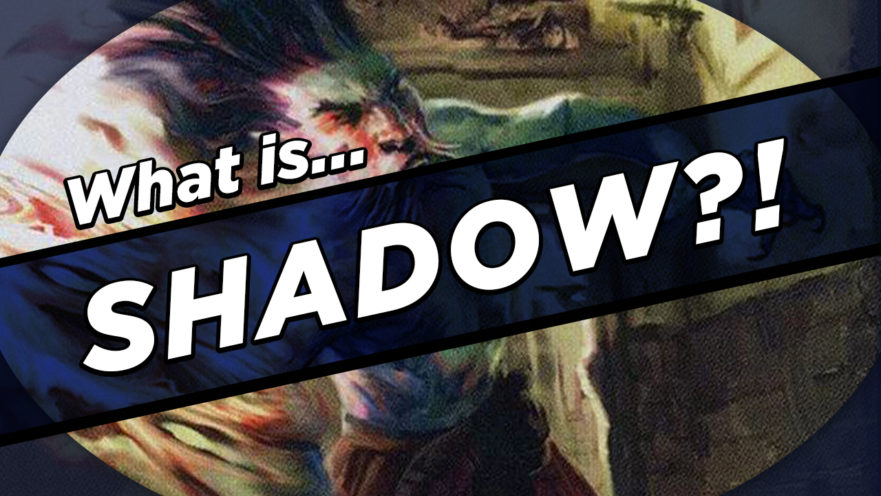Modal double-faced cards have become incredibly popular in Magic due to their flexibility. But did you know that MDFC’s aren’t the first cards of this kind? Before MDFC’s — and even before the “transform” cards from Innistrad — there was a mechanic that allowed you to play creature cards face-down and pay a cost to turn them face up. Meet …
Madness – MTG Keywords Explained
Discarding cards can be a pain, but it doesn’t have to be. Today, we cover an alternate-cost mechanic that makes your cards cheaper to cast if you discard them. If that sounds like madness, that’s because it is! What is Madness? Here’s how madness works: If you would discard a card with madness from your hand, you may choose to …
Echo – MTG Keywords Explained
Creatures in Magic are much more powerful than they used to be. Their stats tend to be higher for their mana value, and they tend to have more abilities. But as mana fixing has improved and more enablers have been printed, creatures simply have fewer downsides than they used to. Of course, downsides aren’t always a bad thing, either! You …
Demonstrate – MTG Keywords Explained
In many cases, Magic is a zero-sum game: one player wins and the other loses. But that isn’t always so in multiplayer formats like Commander. When several people play together, it’s often advantageous for players to work together for mutual benefit. And in Magic‘s latest Commander decks, there are many cards that encourage and even reward cooperation. Today, we’re going …
Ward – MTG Keywords Explained
Commander 2021 is out now, and the set will be introducing a few new keyword mechanics designed for multiplayer games. Here’s a quick primer on ward — a keyword that protects your creatures from removal! What is Ward? First, there was shroud. Then, there was hexproof. Now, there’s ward! Whenever a permanent with ward becomes the target of a spell …
Learn – MTG Keywords Explained
Magic is going back to school with Strixhaven: School of Mages, a set that takes place in an elite university. And what could be more appropriate for an academic setting than a mechanic all about learning? Today, we’re going to break down the learn mechanic and the new card type Lesson from Strixhaven. Are you ready to learn? What is …
Flanking – MTG Keywords Explained
Along with banding, flanking ranks high on the list of Magic‘s most complex and misunderstood mechanics. If you’ve never seen this keyword before — or if you need a refresher on how it works — we’re here to break it all down for you today. What is Flanking? Flanking is one of Magic‘s most unique combat mechanics. It doesn’t modify …
Cumulative Upkeep – MTG Keywords Explained
Magic: The Gathering has been around for a long time, and as you wade through the archives of older cards, there are bound to be some keywords that give you pause. Whether these keywords are completely new to you or you need a refresher, we’re here to help! Today, we’re here to explain a mechanic from way back in Ice …
Rampage – MTG Keywords Explained
Back in the early days of Magic, creatures were much weaker than they used to be. Creatures had fewer abilities, and they were much smaller relative to their mana cost. Of course, creatures still had useful abilities that gave them an edge over other creatures in combat. And while some of those abilities haven’t been printed on cards in quite …
Shadow – MTG Keywords Explained
Games of Magic are commonly won through combat damage, and creatures with evasion often have the edge. Previously in this series, we covered the ability flying, which allows some creatures to soar across the red zone. We talked about trample, which allows some large creatures to deal damage depending on how they’re blocked. And more recently, we covered fear and …

